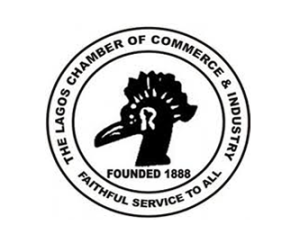
The President of Lagos Chamber of Commerce and Industry (LCCI), Babatunde Ruwase, has described the sanctions prescribed for defaulters under the Reviewed Land Use Charge Law of Lagos as severe and against democratic ideals.
Ruwase made the statement on Friday in Lagos, during a stakeholders’ forum on Lagos Land Use Charge Law, 2018.
He said that while the chamber would not encourage or support any form of infractions of the law, the sanctions must be proportional and fair.
The Land Use Charge law stipulates a 25 percent increase in charge if payment is not made between 45 and 75 days.
It also prescribed a 50 percent increase after 105 days and a 100 percent increase if payment is not made between 75 and 105 days.
The law further prescribed that a property shall be liable to enforcement if payment is not made after 135 days of notice.
Ruwase said, “There would be instances where the citizens are willing to pay but just do not have the capacity to pay, given the state of the economy.
“The Nigerian economy is only just gradually recovering from recession. Many companies are yet to return to profitability.
“Industrial capacity utilisation has declined, purchasing power is still very weak, occupancy rate in many commercial and residential properties are still very low.
“All of these have adversely impacted the returns on investment in property market and points to the fact that current market value of property may not necessarily reflect the rental income for the property.”
He said that only 300,000 property were paying the charge, while 700, 000 property had been identified for tax payment.
According to the LCCI boss, emphasis should be on getting more property into the tax net, rather than imposing an additional burden on those currently on the database.
He urged the government to explore the platform presented by VAIDS to capture more property owners into the net.
Ruwase suggested that implementation of the law be suspended, while the grey areas should be sorted out in the interest of fairness, equity and natural justice.
According to him, there is no evidence to show that adequate dissemination of information to critical stakeholders had been done; noting that the conditions stipulated for law review occurred before its implementation.
